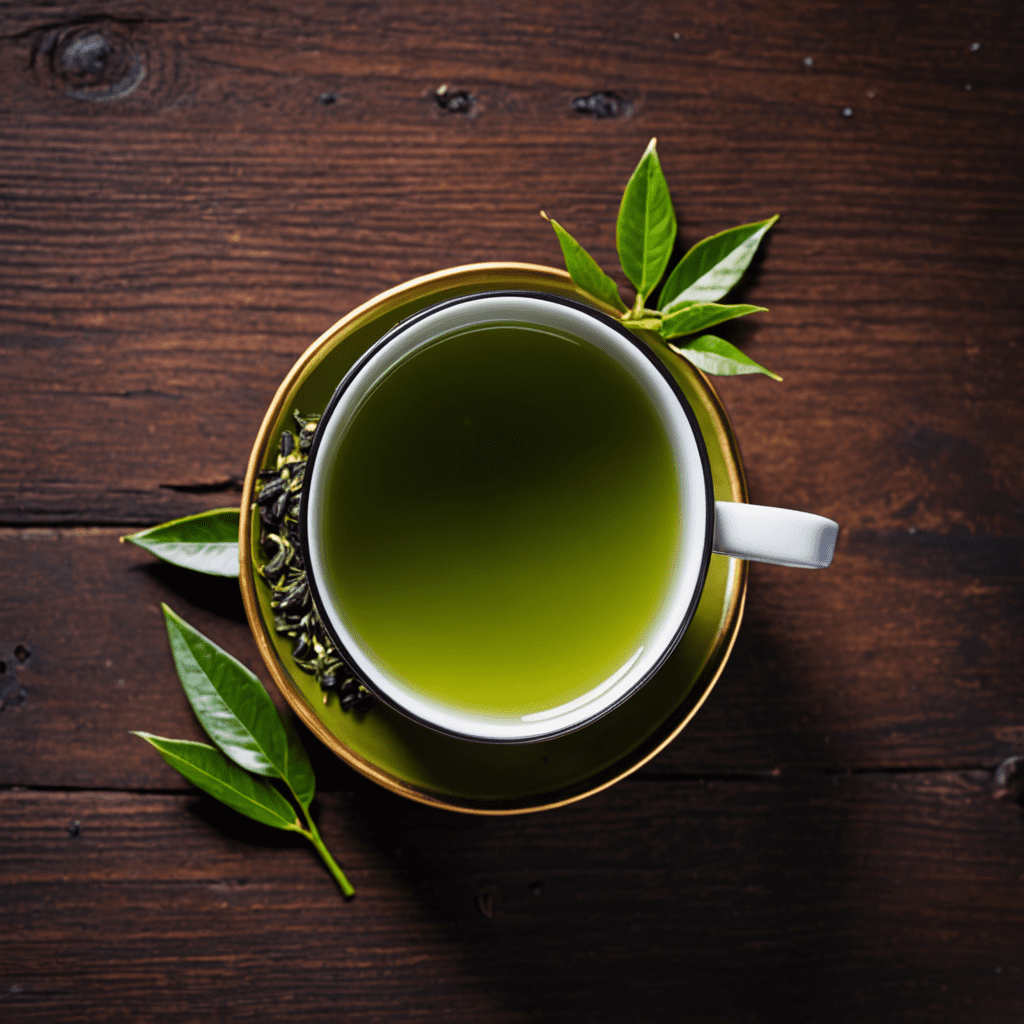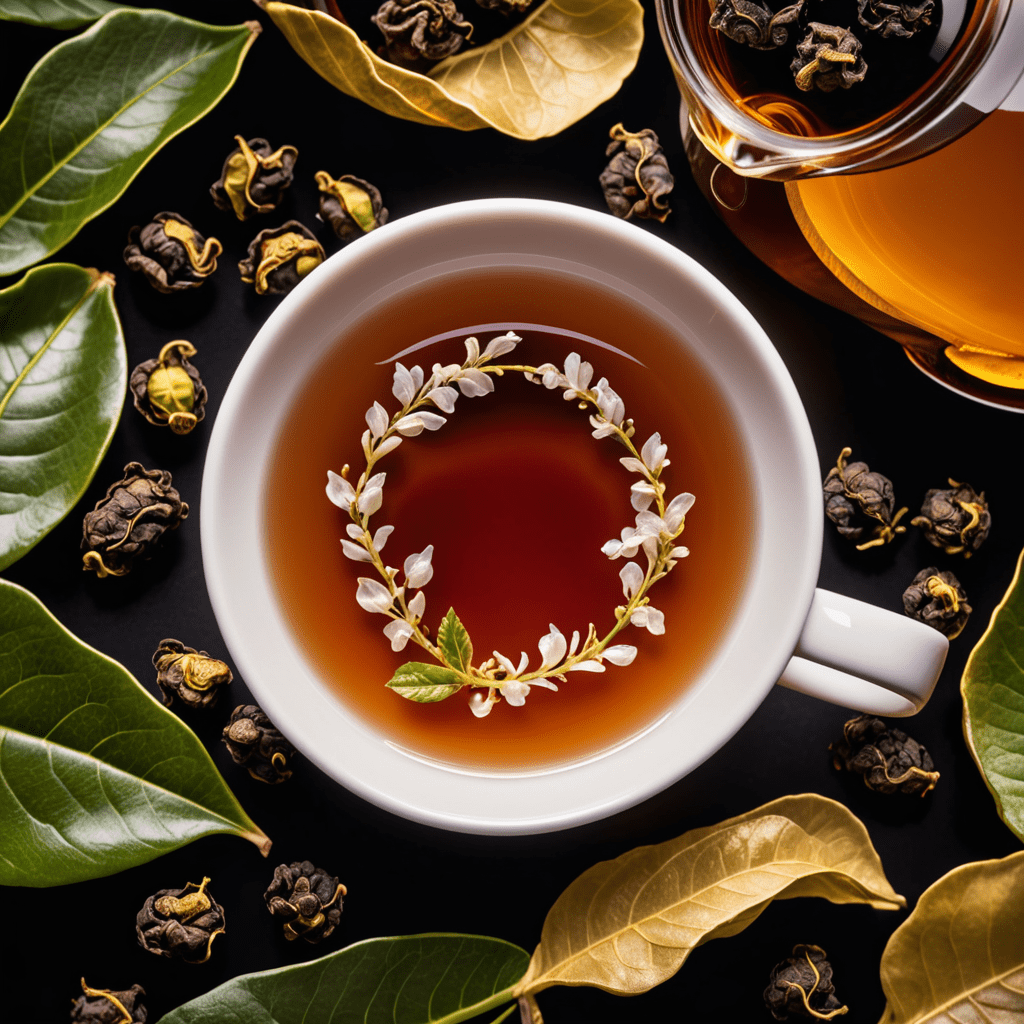How Long Can Green Tea Sit Out: Exploring Shelf Life and Safety
Green tea is a popular beverage enjoyed for its refreshing taste and numerous health benefits. Whether you’re brewing a cup to enjoy immediately or planning to savor it throughout the day, you may wonder how long green tea can sit out before it goes bad. In this article, we’ll delve into the factors that can affect the shelf life of green tea and provide guidelines for ensuring its safety and quality.
Factors Affecting the Shelf Life of Green Tea
Several factors can impact how long green tea can sit out without compromising its flavor and safety. Understanding these factors can help you make informed decisions about consuming or storing your favorite tea.
1. Exposure to Air
One of the primary factors that can affect the shelf life of green tea is its exposure to air. Oxygen and humidity can cause the tea leaves to oxidize, leading to a loss of flavor and freshness. To prolong the shelf life, it’s important to store green tea in airtight containers away from moisture and air exposure.
2. Temperature
Temperature plays a crucial role in preserving the quality of green tea. Excessive heat can accelerate the oxidation process and degrade the flavor and aroma of the tea. Therefore, it’s best to store green tea in a cool and dry place, away from direct sunlight, to maintain its freshness for a longer time.
3. Moisture
Moisture is the enemy of tea, including green tea. Exposure to moisture can lead to the growth of mold or bacteria, compromising the safety of the tea. To prevent moisture damage, ensure that the tea leaves are stored in sealed containers in a dry environment.
4. Quality of Tea Leaves
The shelf life of green tea can also depend on the quality of the tea leaves themselves. Higher-quality leaves, such as loose-leaf green tea, generally have a longer shelf life compared to lower-quality tea bags. The freshness of the leaves at the time of purchase can also impact the overall shelf life.
Understanding the Shelf Life of Green Tea
While green tea doesn’t necessarily “go bad” like perishable foods, its taste, aroma, and overall quality can deteriorate over time. To get the best experience from your green tea, it’s advisable to consume it within a certain timeframe.
The shelf life of green tea can vary based on the factors mentioned above, but as a general guideline:
- Loose-leaf green tea: It can stay fresh for 6-12 months if stored properly.
- Green tea bags: Their shelf life is shorter, usually around 6-8 months.
- Matcha green tea powder: It is more perishable and should be consumed within 3-4 months.
It’s important to note that these are rough estimates and the actual shelf life can be influenced by various factors such as storage conditions, packaging, and the specific type of green tea.
Ensuring the Safety of Green Tea
While the taste and aroma of green tea may deteriorate, tea leaves themselves are unlikely to pose health risks if consumed past their prime. However, it’s essential to be cautious and use your senses to determine if the tea is no longer fit for consumption.
- Appearance: If the tea leaves have changed in color, appear moldy, or have an off smell, it’s best to discard them.
- Taste and aroma: Expired green tea may taste stale or have a significantly weakened flavor. Trust your taste buds to discern any unpleasant changes.
- Brewed tea: If you notice any signs of spoilage, such as an odd taste, unusual color, or unpleasant odor in brewed green tea, it’s advisable to avoid drinking it.
Frequently Asked Questions (FAQ)
Q: Can I drink green tea if it has been left out overnight?
A: While it’s generally safe to drink tea that has been left out overnight, the taste and quality may have deteriorated significantly. It’s best to brew a fresh batch of green tea for optimal flavor and enjoyment.
Q: Can I reuse green tea leaves that have been sitting out for a few hours?
A: Reusing green tea leaves that have been left out for a few hours is not recommended. The prolonged exposure to air and moisture can compromise the quality and flavor of the leaves. It’s best to brew a fresh batch with new tea leaves for the best experience.
Q: How can I extend the shelf life of my green tea?
A: To extend the shelf life of green tea, store it in an airtight container away from moisture, air, and direct sunlight. Keeping the tea leaves in a cool and dry place will help maintain their freshness for a longer time.
Q: Can I refrigerate green tea to prolong its shelf life?
A: While refrigerating green tea can help extend its shelf life, it’s essential to store it in an airtight container. Moreover, take caution when removing the tea from the refrigerator to avoid condensation, as moisture can affect the quality of the tea.
Q: Does the expiration date on the packaging indicate the quality of green tea?
A: The expiration date on the packaging indicates the period during which the green tea is expected to retain its optimal quality. However, tea can still be consumed after the expiration date, although its taste and aroma may have declined.
Q: Can I freeze green tea to preserve it for longer?
A: Freezing green tea is not recommended, as the fluctuating temperatures and the possibility of condensation can negatively impact the quality of the tea. It’s best to store green tea in a cool, dry place rather than freezing it.
Green tea can bring immense enjoyment, complement your healthy lifestyle, and be a source of relaxation. By understanding the factors that affect its shelf life and following proper storage practices, you can ensure that your green tea remains fresh, flavorful, and safe for consumption.



